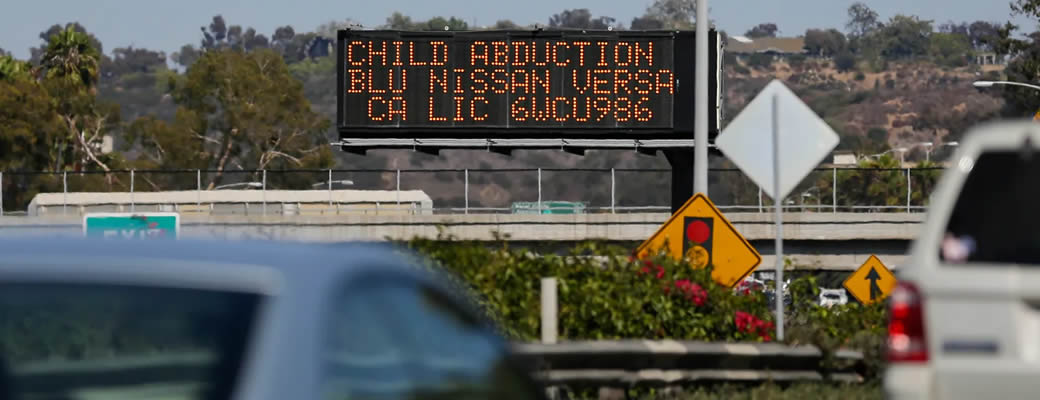California new laws for 2024: Alerts for missing Black children
CalMatters
Lynn La
December 29, 2023
To bring more attention and resources to missing Black youth, a new law that establishes “Ebony Alerts” takes effect Jan. 1. The California Highway Patrol has the authority to activate this new emergency alert system, which notifies the public of missing Black youth and women ages 12 to 25.
The first-in-the-nation law works similar to other emergency alerts for specific individuals, including Feather Alerts for missing indigenous people and Silver Alerts for senior citizens. When activated, the highway patrol can disseminate information about the victim and urge the public to be on the lookout through electronic highway signs. Broadcast outlets including radio and television stations, as well as social media networks, are also “encouraged to, but not required to” circulate Ebony Alerts.
Law enforcement can consider other factors in addition to the victim’s age when issuing an Ebony Alert. This includes if the person has a mental or physical disability, if the person may be a victim of human trafficking and if the person “has gone missing under unexplained or suspicious circumstances.”
The Ebony Alert system is based on the Amber Alert System, or America’s Missing: Broadcast Emergency Response. It’s named for Amber Hagerman, a 9-year-old girl who was kidnapped and murdered in Arlington, Texas in 1996. The alert system did not reach full nationwide adoption until 2005, when Hawaii joined. Since then, technological advancements, such as integration with Google and Facebook platforms have expanded the reach of Amber alerts. As of Sept. 30, 2023, the alert system has assisted in recovering 1,146 missing children in the U.S.
In 2022, the National Crime Information Center reported more than 140,000 Black children age 17 and younger went missing for at least some period, including more than 77,000 girls. This accounted for about 39% of missing children in the U.S. that year, despite the fact that the Black or African American population makes up only 12.4% of all people living in the U.S.
The Black and Missing Foundation also reports that missing minority children are often initially classified as “runaways” — which prevents them from being eligible for an Amber Alert — and minority adults who go missing are often associated with “criminal involvement,” including gangs and drugs.
In response to these statistics, Sen. Steven Bradford, a Democrat from Gardena, authored the bill to establish Ebony Alerts. Describing the law as “bold and needed action,” Bradford said in a press statement how Black children and young women are “disproportionately represented” on missing persons lists.
“This is heartbreaking and painful for so many families and a public crisis for our entire state,” he said. “The Ebony Alert can change this.”
The measure passed with no votes in opposition, and Gov. Gavin Newsom signed the law in October. The highway patrol did flag concerns, however, about the public becoming “desensitized” to emergency alerts if they are more frequently activated.
Photo credit: Gregory Bull, AP Photo

